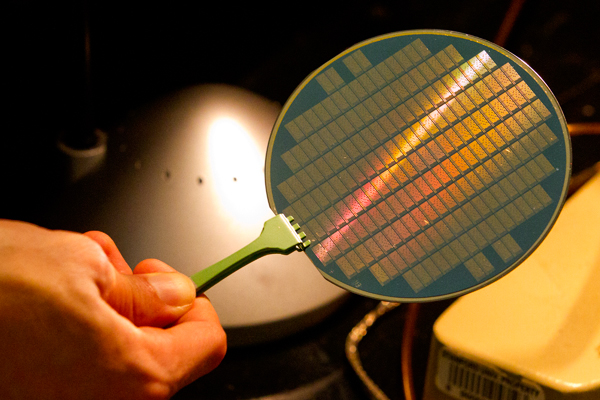A team of Stanford engineers has succeeded in creating a faster, more energy-efficient computer using transistors made of carbon nanotubes. The breakthrough comes after years of scientific efforts around the world attempting to utilize this material as a replacement to the current silicon transistor. No one has been able to prove its functional use until now.
The notable team was led by Stanford professors Subhasish Mitra Ph.D. ‘00 and H.S. Philip Wong.
According to several experts, the continued use of silicon chips is becoming increasingly hazardous and inefficient.
The electronics industry’s increasing demand for thinner and thinner devices has led to the need for smaller and smaller silicon transistors. The smaller the transistor, the more energy is needed and the more power is wasted – demonstrated by the heat felt from the bottom of one’s computer. Carbon nanotubes offer lower-power computing with better energy efficiency, both in conducting and controlling electricity.
While scientists agree that there is still much more testing to be done before commercial use, the proof that carbon nanotubes can substitute pure silicon transistors in powering a universal computer is nevertheless a cutting-edge stride in nanotechnology.
